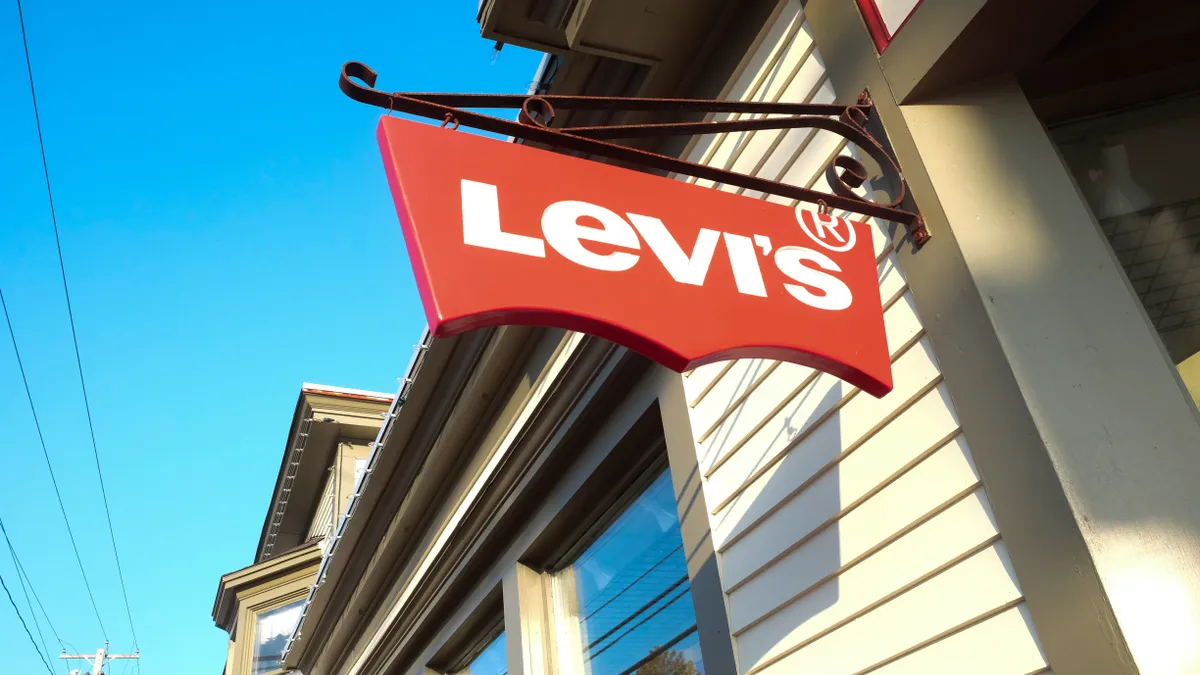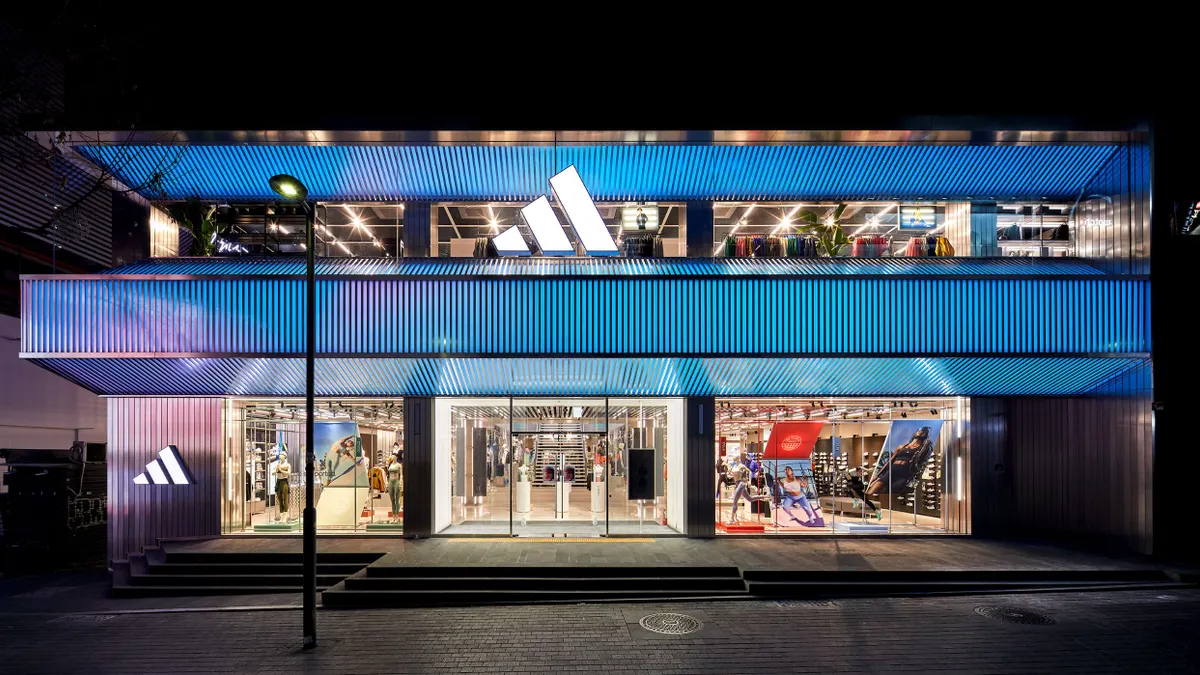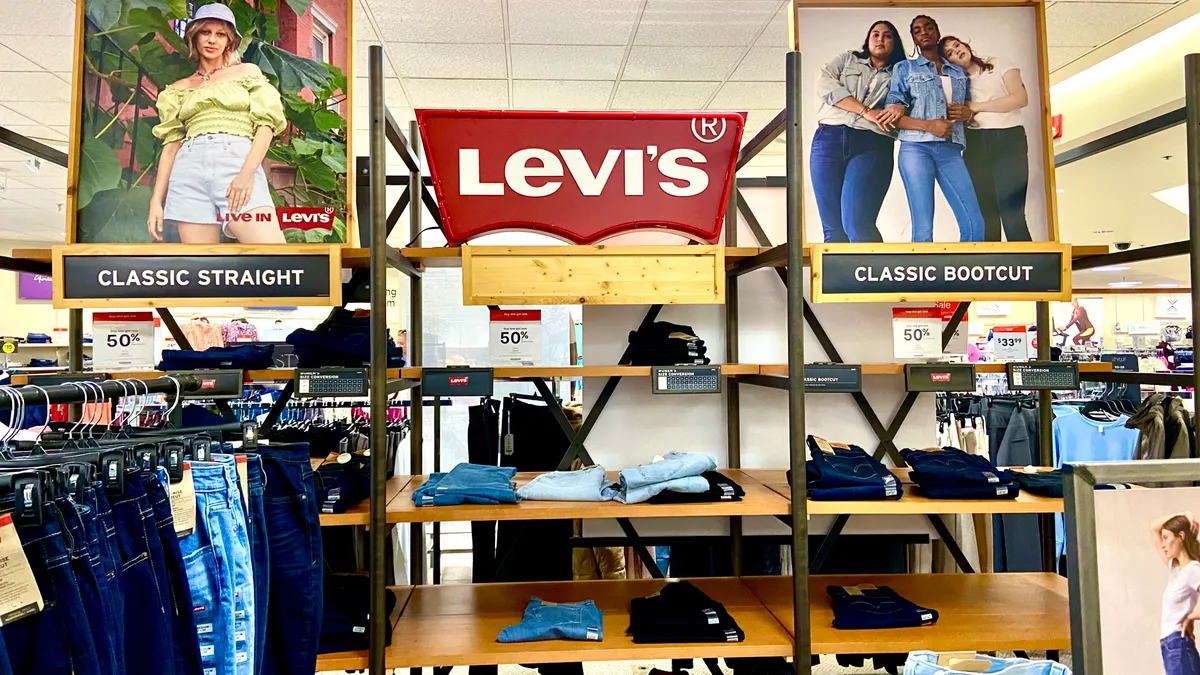Fakes are a real problem for retailers, but the marketplace for them is shifting.
New York City’s Canal Street area and swaths of other big cities have long been host to hustling vendors selling knock-off designer goods. While there may have been a few naive shoppers who thought they were really getting a too-good-to-be-true deal on something authentic, most simply enjoyed the hunt for bags or sunglasses that would pass muster and yet save them oodles of money.
Local politicians and customs officials have cracked down on the practice on the street, thanks to pressure from designers and high-end retailers. In fact, Canal Street today is increasingly becoming an authentic shopping destination for the real things.
But to few people’s surprise, the practice has moved online — where it’s tougher to shut down sellers hawking counterfeit goods.
Who’s guilty?
It's not just the vendors.
Once in a while, there’s a high-profile arrest of a seller who made millions on marketplaces like eBay through sales of fake goods. But such arrests can be elusive: It’s difficult to sniff out the physical location of an online vendor, much less uncover the details of their operations.
Designers, manufacturers, and retailers have become frustrated with what many see as a certain amount of looking the other way — if not complicity — on the part of online marketplaces like eBay, Alibaba, and Amazon.
A U.S. watchdog group, The Counterfeit Report, was initially banned from eBay when it confronted the auction site with evidence it amassed, including confirming with manufacturers that the items were counterfeits, over nine months that more than 250 items on the site were fake. eBay reversed itself after The Counterfeit Report’s publisher, Craig Cosby, contacted Business Insider, which wrote a story.
“When Business Insider questioned eBay about the situation, a spokesperson told us that eBay mistook the whistleblower for something it calls an ‘abusive buyer,’” according to Business Insider’s Julie Bort.
And while Alibaba may be getting the most attention for this problem, Amazon may have a problem, too. Its algorithms can actually bring knockoffs to the top of search when inventories go down for legitimate vendors.
Finally, Etsy of all places — a marketplace that literally banks on its reputation for hand-made, artisanal, and vintage goods — was recently discovered to have a far worse problem with counterfeit goods than most could have fathomed.
What should retailers do?
As powerful online marketplaces become host to counterfeit goods, some brands have opted to fight the problem in court.
Luxury brand Kering SA, the Paris-based maker of luxury brands Gucci, Yves Saint Laurent, Bottega Veneta, and Balenciaga, sued Chinese retail giant Alibaba for selling fakes multiple times. Although Kering dropped the suit last year after reaching an agreement with Alibaba to fight the sale of counterfeit branded merchandise, Kering sued again last week over the issue.
Chinese authorities arrested more than 59,000 people for selling counterfeits and seized 9,000 tons of fake goods in 2013. And while the United States removed Alibaba from its “Notorious Markets” list in 2012, and Alibaba has worked with more than 40 brands to eliminate fakes from its Taobao Marketplace, allegations of fakes in its marketplaces continue to plague the company.
Alibaba, which said it will fight the allegations that it is profiting from the fakes, has nevertheless reached out to retailers, urging cooperation rather than litigation.
"I strongly believe that spending money on lawsuits could result in a completely different outcome than cooperating with us," Ni Liang, Alibaba’s chief of anti-counterfeiting operations, said last week. “If a brand doesn't cooperate with us, we'll still fight fakes for them... But when we cooperate, we can fight better."
But with many marketplaces unable or perhaps even unwilling to tackle the problem head on, the courts may be among the most effective venues for retailers to find redress.
Nike, which owns iconic sneaker brand Converse, has become increasingly willing to go to court and lodge complaints with the International Trade Commission to stop fake All-Stars from crossing borders.
“We welcome fair competition, but we do not believe companies have a right to copy the Chuck’s trademarked look,” Converse CEO Jim Calhoun said in a statement last year.
Between a (fake) rock and a hard place
While Alibaba has been vocal about its willingness to stem the tide of fakes on its site, it’s not clear how effective its efforts have really been. eBay, Amazon, and Etsy all maintain policies regarding the sale of fake goods on their sites, but it’s often up to watchdogs, the press, retailers, and manufacturers themselves to warn regulators and consumers about fake products.
Companies large and small have reportedly complained to Amazon about vendors selling fakes, but some are still on the marketplace selling goods that are often flagged in comments and reviews as being shoddy or counterfeit (or both).
Razer CEO Min-Liang Tan took to social media late last year to warn customers that third-party sellers listing its Nabu smartband were ripping them off because the company had not yet shipped any units — and was going to list the product for $300 less than the fraudsters were collecting.
“I've been informed that there have been eBay, Craigslist, etc., listings of the Razer Nabu and some of the prices listed have the Nabu for over US$400 or more with many customers already pre-ordering the unit at that price,” Min-Liang wrote on his Facebook page in November. “We highly discourage you from purchasing from them. We know of companies that specialize in buying up Razer products to resell them for a huge profit at launch and we're doing everything we can to ensure this doesn't happen at the detriment of our customers.”
The problem for marketplaces is that the fakes are likely a healthy source of sales. And court rulings so far have often allowed them to duck the issue. In a number of suits by Tiffany against eBay, for example, the courts ruled that it’s up to the brands and retailers to police the problem — and not up to the marketplaces.
Will marketplaces feel backlash?
Backlash may be inevitable, but this isn’t Canal Street. These fakes for sale sit underneath the logos of the marketplaces, which will eventually hurt the marketplace brand. Etsy, in its short life as a public company, has already felt the sting.
“Considering the broad backlash on Alibaba regarding inauthentic merchandise, we expect added scrutiny given the social responsibility ethos at the core of its Etsy’s brand,” according to the report on Etsy's fakes problem by financial services firm Wedbush.
It's a good reminder that none of today's new retail trends — not the rise of e-commerce, omni-channel sales, or mobile — can change the stark reality that consumer trust is hard won, but easily broken.























